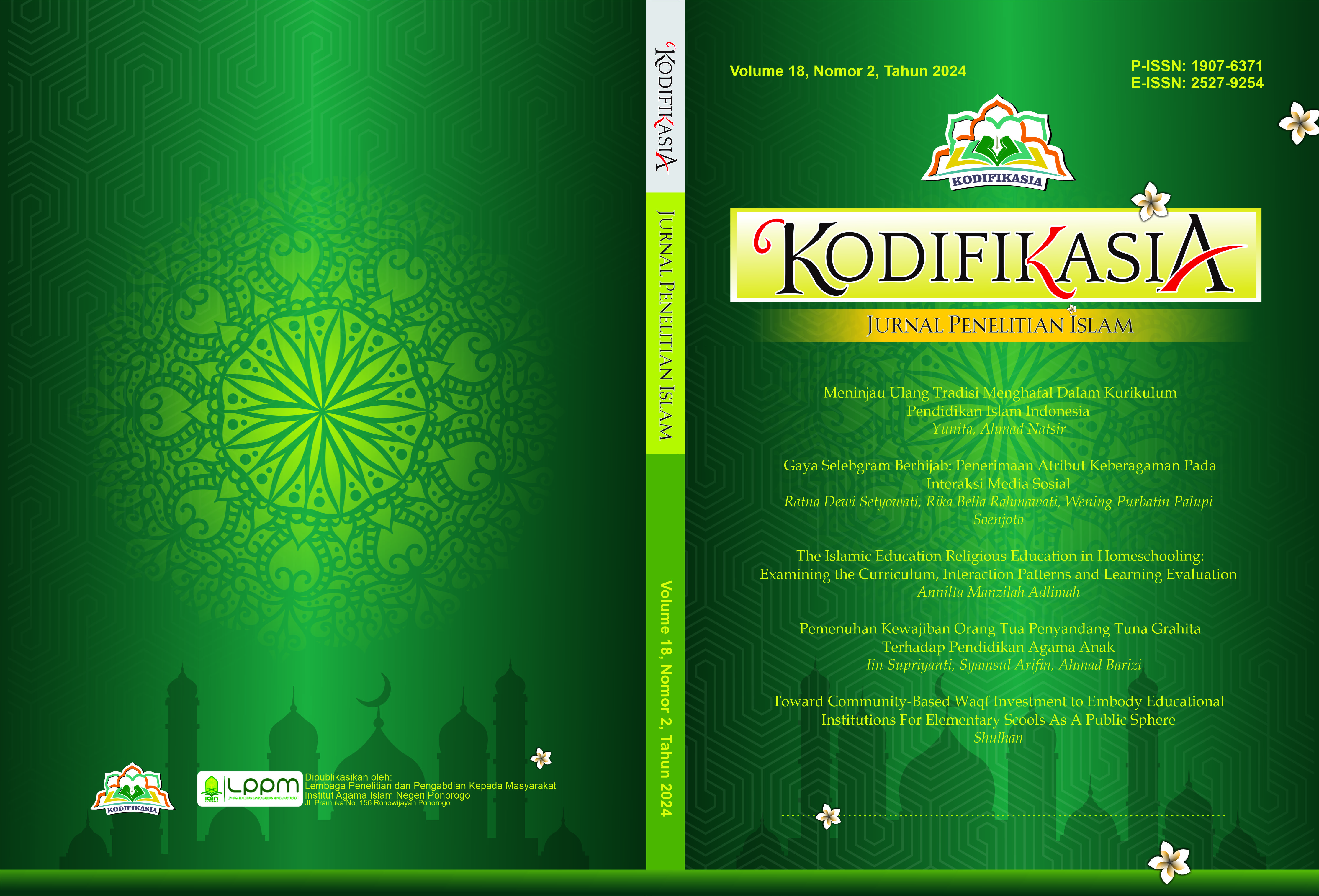BUILDING EMOTIONAL WELL-BEING THROUGH GRATITUDE: A STUDY AT SD NEGERI 1 BRANGSONG
DOI:
https://doi.org/10.21154/kodifikasia.v18i2.9815Abstract
Educational assessment often emphasizes cognitive aspects, while affective aspects, such as gratitude, receive less attention. However, strong cognitive abilities do not always reflect students’ ability to apply knowledge in everyday life. The affective domain, including the cultivation of an attitude of gratitude, is important because learning that begins with positive feelings tends to be more effective. The curriculum in Indonesia should integrate both direct and indirect learning to balance students’ spiritual, social, intellectual, and psychomotor aspects, including the development of an attitude of gratitude. At SD Negeri 1 Brangsong, gratitude has been assessed through direct observation and comprehensive assignment records. The research method used is qualitative and presented descriptively. Observations involved 211 children and all teachers as respondents during the 2021-2022 period. This study found that teachers at SD Negeri 1 Brangsong paid significant attention to students’ affective aspects, especially gratitude. This focus contrasts with the traditional paradigm, which often prioritizes cognitive development while neglecting affective dimensions. The results showed that the methods used to record and assess students’ gratitude attitudes were well-implemented, yielding measurable and comprehensive results despite several revisions. Overall, students demonstrated a better understanding of gratitude indicators after the teacher conducted multiple evaluations. Ultimately, students were able to consistently apply these attitudes in their daily lives, thereby enhancing their resilience and well-being in facing complex life challenges.








